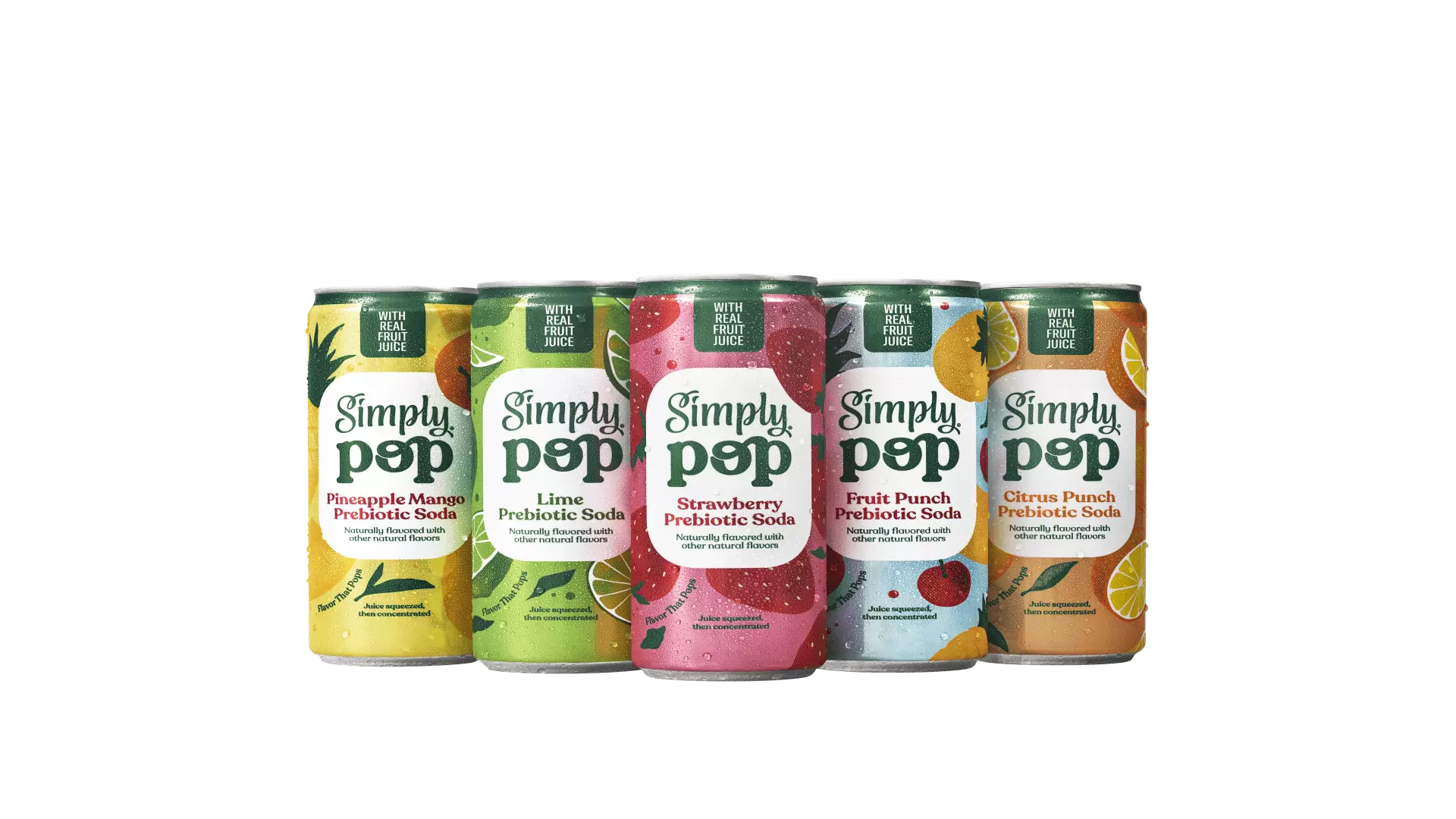In recent years, the beverage industry has witnessed a remarkable shift towards health-conscious products. Coca-Cola, a titan in the soda market, is now branching out with a new prebiotic soda brand called Simply Pop. This launch aligns the company with a burgeoning sector that has seen significant growth despite a broader decline in soda consumption across the United States. The emerging popularity of prebiotic drinks reflects a changing consumer landscape, where the focus is increasingly on gut health and overall wellness.
Soda consumption has faced challenges over the past two decades as consumers turn to healthier alternatives like cold brews, energy drinks, and infused waters. Yet, amid this backdrop, prebiotic sodas have surged in popularity, mainly driven by innovative brands like Olipop and Poppi. Their successes have demonstrated an appetite for beverages that do more than just quench thirst; they promise additional health benefits, particularly related to digestive wellness.
Coca-Cola’s entry into this promising market with Simply Pop, slated for launch in late February on the West Coast and Southeast regions, indicates a significant shift in strategy. With reported flavors like pineapple mango, lime, strawberry, fruit punch, and citrus punch, Simply Pop aims to appeal to those who seek flavorful alternatives without the downsides of traditional sodas.
The new beverages are marketed as containing no added sugars, alongside 25% to 30% real fruit juice, vitamin C, zinc, and six grams of prebiotic fiber. The emphasis on using real fruit juice and avoiding added sugars may resonate particularly with younger consumers, including Millennials and Gen Z, who are increasingly health-conscious and selective in their beverage choices.
However, while the fiber content in Simply Pop may be competitive—tripling the fiber of Poppi’s offerings—it still lags behind Olipop’s impressive nine grams. This raises the question of whether Coke’s entry could innovate further in this area, especially as health claims regarding prebiotics are under scrutiny.
Coca-Cola’s entry into the prebiotic category comes with both opportunities and challenges. The company boasts an extensive distribution network and marketing budget, both proven assets for launching new products. The ability to reach a broad audience quickly is a significant advantage over newer competitors who may not yet have established these networks. However, Coca-Cola’s historical attempts to capitalize on beverage trends have not always met with success. Previous innovations, such as Coke Spiced and Aha sparkling water, were withdrawn or recalibrated when they failed to resonate with consumers.
Additionally, health claims in this category can be contentious. Poppi, for instance, is currently engaged in settlement discussions regarding a lawsuit that questions the health benefits of its products. This highlights the potential risks associated with marketing beverages that make bold promises about their health impacts, a challenge that Coca-Cola must navigate carefully with Simply Pop.
Despite these hurdles, the trajectory for digestive health beverages looks promising. According to Euromonitor International, the sector grew from a modest $197 million in 2020 to an expected $440 million by 2024. Although this is still a fraction of the total soda market, it exhibits significant momentum that Coca-Cola is keen to tap into.
As Simply Pop prepares for its launch, Coca-Cola aims to fill a niche that combines taste and health—a combination that could potentially create a unique positioning in the evolving beverage landscape. By leveraging its research and consumer feedback, Coca-Cola seeks to provide a product that not only satisfies taste buds but also aligns with the health values of new generations.
Ultimately, Simply Pop represents a critical moment for Coca-Cola. It embodies the company’s effort to adapt to the changing preferences of consumers while capitalizing on the current wellness trends. The question remains: will Simply Pop be able to carve out its space in the competitive prebiotic beverage market? Only time will tell if Coca-Cola can effectively navigate these waters and establish a successful new brand—one that meets consumer demands for innovative, health-forward offerings.

